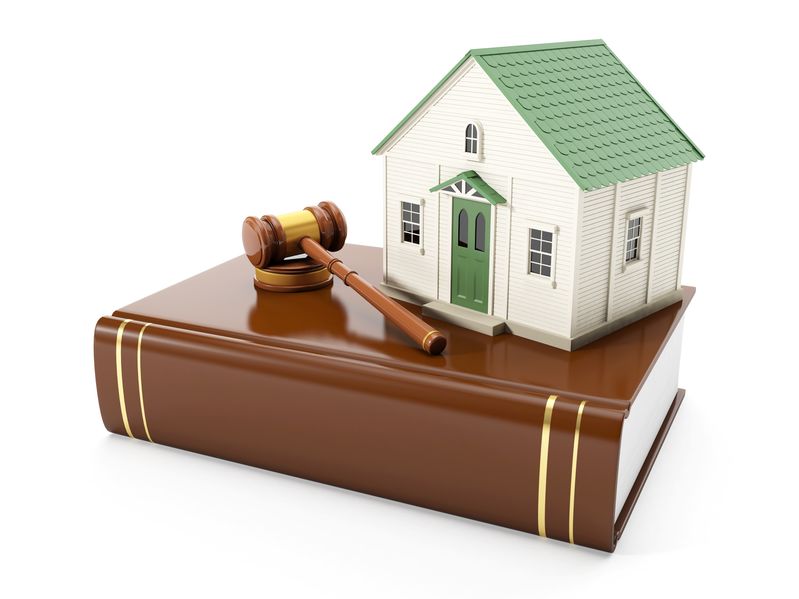So, you’ve got an extra condo in Washington, D.C. you want to rent out? Lucky you! The first thing you might need is a certificate of occupancy (C/O). A C/O specifies the use of land, a building, or a structure according to zoning regulations and the D.C. Building Codes. No person can use land, a building, or a structure in the District for any purpose other than a single-family dwelling until a C/O has been issued. The fee for a C/O is priced per square foot.
A new C/O is required following a change of ownership, change in occupancy load, or change in the property’s use. You can consult with D.C.’s Department of Consumer and Regulatory Affairs (DCRA) if you are unsure whether your property needs a particular certification. The DCRA’s Permit Center for a C/O is located on the 2nd floor of 1100 4th Street, SW Washington, D.C. 20024.
Prospective landlords must apply and register their new business with the Office of Tax and Revenue (OTR) using Form FR-500. You can pick up Form FR-500 at the Licensing department of the OTR located at 1101 4th Street, SW Washington, D.C. 20024. There are three available licenses. A one-family rental property license is a two-year license suitable for individual condominium units as well as single-family homes, duplexes, and townhouses. A two-family rental property license is a two-year license suitable for English basement apartments or converted basement apartments while an apartment license is required for apartment buildings regardless of whether each unit is rented out or not.
A Clean Hands Certificate must be used by an entity and/or its owners to attest to the fact that they do not owe the District more than $100. The Certificate is issued by the OTR, but the Form FR-500 Combined Registration Application must be submitted first, and the entity/owner must have received a “Notice of Tax Registration.”
You’ll have to get the condominium inspected within 45 days of obtaining your license. If the property doesn’t meet all requirements or the inspection isn’t completed within 45 days, then you can lose your license. You may also lose all fees already paid towards the licensing process. The inspection will document that your property is safe to rent out and acts as proof that the property is in good condition.
Once your license application is approved, you should register the property as subject to rental control or exempt from rental control. Your property may be exempt from rental control if it was constructed after 1975 or if you own four or less rental properties. If you are applying for an exemption, fill out the RAD Registration/Claim of Exemption Form and file it with Department of Housing and Community Development’s Rental Accommodations Division (RAD) at 1800 Martin Luther King Jr. Avenue SE Washington, D.C. 20020.
Once your condo is up to code, fully licensed, and ready to rent, you should start to consider possible tenants and a maintenance plan (or alternatively, using a property management company). Don’t forget to do an extensive walk-through with your tenant prior to move-in. Both of you should sign a written form that establishes the condition of the apartment to avoid any disagreements upon move out.
Why Do I Need a Business License to Rent Out My Condo in Washington, D.C.?
The District wants to be sure that your condo for rent is a legitimate condo that is properly labeled/advertised. Additionally, you, as a rental property owner, are subject to paying taxes on the rental property income you own. The District uses the licensing process to adequately track your income for tax purposes. Navigating the various offices, forms, and requirements can be overwhelming. Contact an experienced business attorney today.








